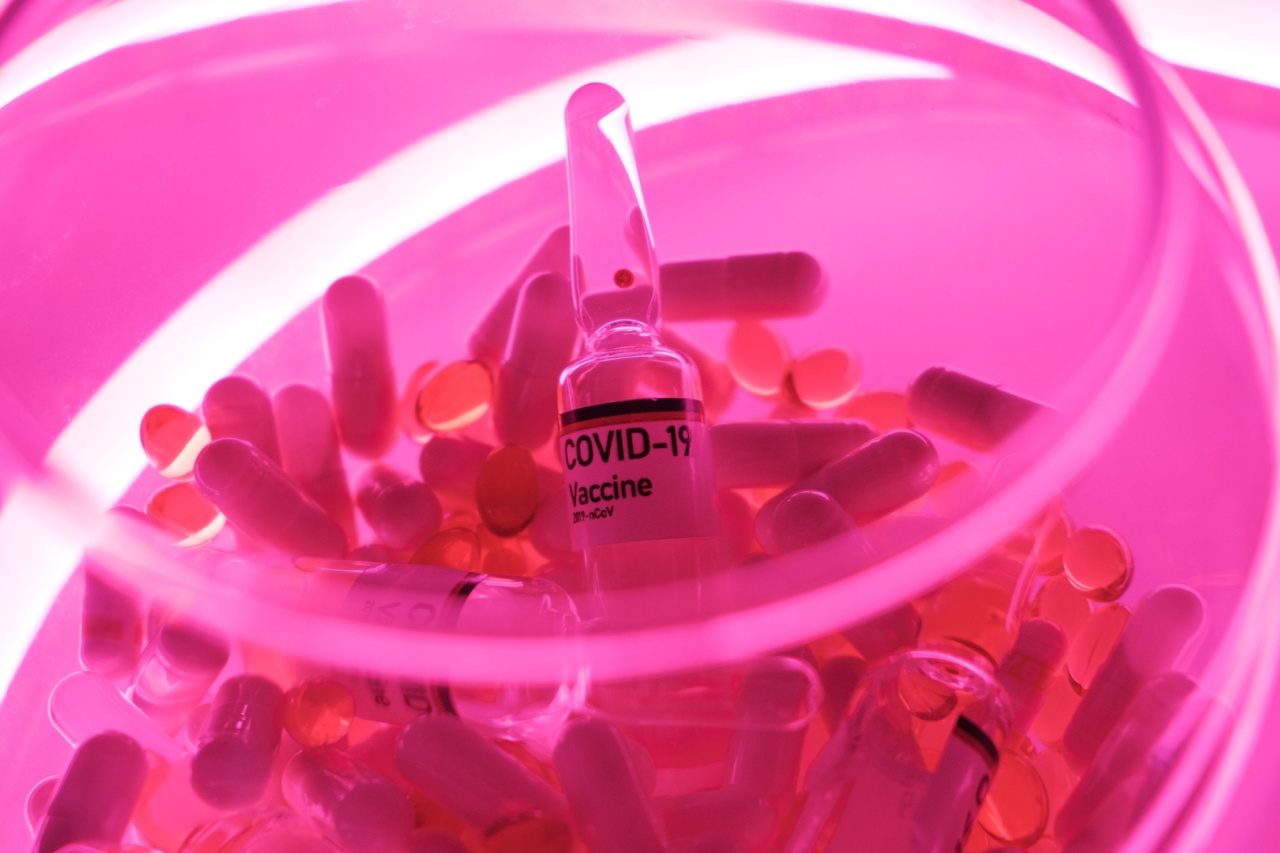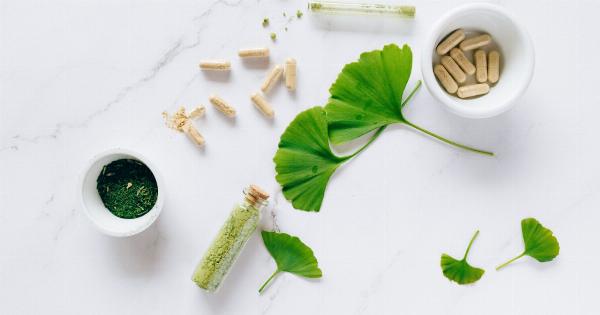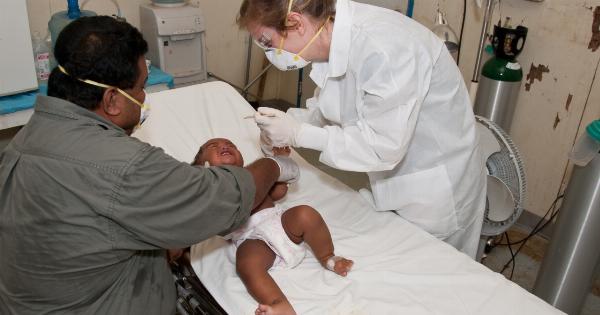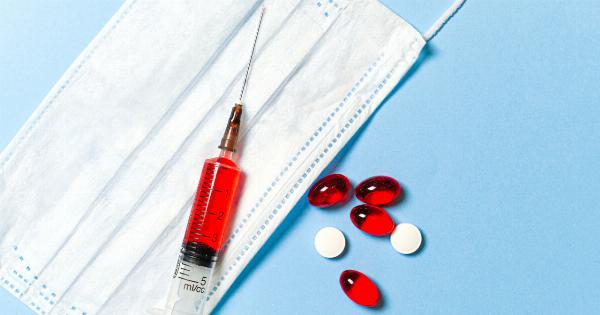When it comes to emergencies on the road, having a well-stocked car pharmacy can be a lifesaver.
Whether it’s a sudden illness, a minor injury, or unexpected travel delays, having essential medications and first aid supplies readily available can make all the difference. In this article, we will explore the must-haves for your car’s pharmacy, ensuring that you are prepared for any unforeseen circumstances.
The Essentials: Medications
1. Pain Relievers: One of the most important medications to have on hand is a pain reliever. Over-the-counter options such as acetaminophen (Tylenol) or ibuprofen (Advil) can help alleviate headaches, muscle pain, or fever.
2. Antihistamines: Allergies can strike at any time, and having an antihistamine like diphenhydramine (Benadryl) in your car’s pharmacy can provide relief from symptoms like sneezing, watery eyes, or hives.
3. Motion Sickness Medication: If you or your passengers are prone to motion sickness, having medication like dimenhydrinate (Dramamine) can help alleviate nausea and prevent vomiting during long car rides.
4. Antacids: Indigestion or heartburn can occur unexpectedly. Keeping antacids like Tums or Rolaids in your car can provide quick relief and prevent discomfort during road trips.
5. Topical Analgesics: Creams or ointments containing ingredients like lidocaine or menthol can be great for addressing minor cuts, bruises, or insect bites that may occur while on the road.
First Aid Supplies
1. Adhesive Bandages: Stock up on various sizes of adhesive bandages (commonly known as Band-Aids) to treat minor cuts, blisters, or abrasions.
2. Gauze pads and adhesive tape: These supplies are crucial for dressing more substantial wounds that may occur during accidents or emergencies.
3. Antiseptic wipes: Keep a pack of antiseptic wipes to sterilize wounds or clean your hands before administering first aid.
4. Disposable gloves: It is important to protect yourself and others when providing first aid. Disposable gloves should be a part of your car’s pharmacy to ensure proper hygiene.
5. Instant cold packs: These easy-to-use packs can provide relief for minor sprains, burns, or bumps by reducing swelling and numbing the affected area.
Additional Must-Haves
1. Thermometer: A digital thermometer is crucial for monitoring body temperature. It can help determine whether a fever or hypothermia is present.
2. Tweezers: Tweezers can be handy for removing splinters, debris, or ticks from the skin.
3. Scissors: Keep a pair of scissors in your car’s pharmacy to cut clothing, gauze, or medical tape when necessary.
4. Sterile saline solution: In case of eye irritation or foreign objects in the eye, sterile saline solution can be used to flush out the eye safely.
5. Emergency contact list: Include a list of important emergency contacts, such as your primary care physician, local hospital, and poison control center, in case immediate assistance is required.
Storage and Safety Tips
1. Temperature control: Make sure to store your car’s pharmacy in a cool and dry place to ensure that medications and supplies remain effective.
2. Check expiration dates: Regularly inspect and replace expired medications or supplies to maintain their effectiveness.
3. Secure the pharmacy: Prevent loose items from becoming dangerous projectiles in case of sudden stops or accidents by securing your car’s pharmacy in a sturdy container or compartment designed for this purpose.
4. Keep out of reach: If you are traveling with children, it is important to place the car’s pharmacy in a location that is not easily accessible to them to avoid any accidental ingestion.
5. Regular inspection: Take the time to check your car’s pharmacy periodically to ensure it remains well-stocked and ready for any emergency situation.





























